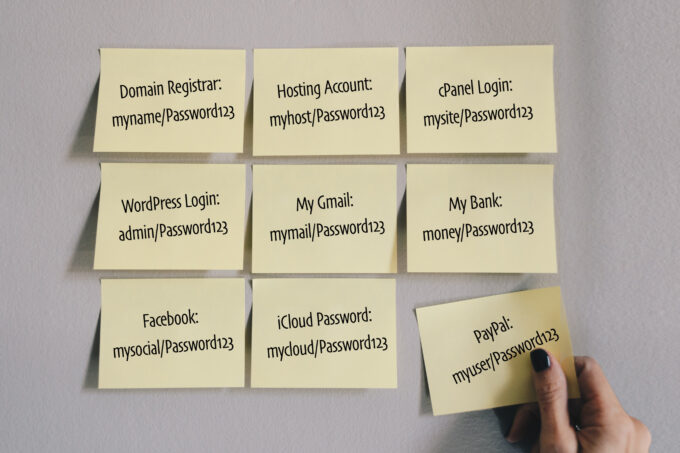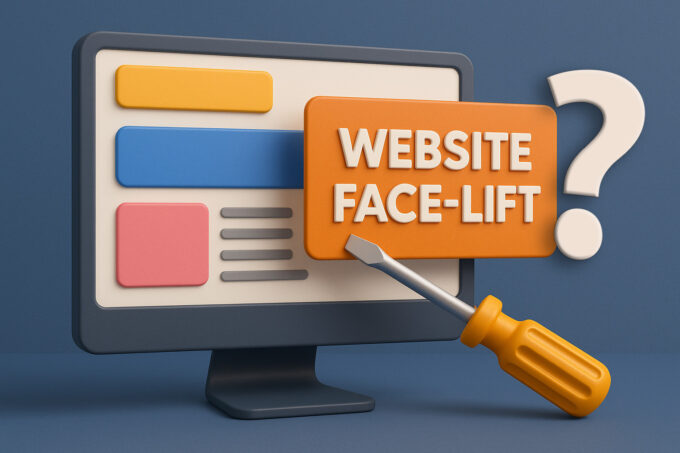In today’s digital age, website security is of utmost importance. Unfortunately, many people unknowingly expose their websites to potential exploitation and hacking. In this article, we will highlight eight common mistakes that individuals make, leaving their websites vulnerable to malicious attacks. By being aware of these pitfalls, you can take the necessary steps to protect your website and valuable data.
Weak Passwords
Using simple and easily guessable passwords is like leaving your front door wide open. Ensure that you create strong, complex passwords that are difficult to crack. Consider using a reliable password manager like Keeper Password Manager to generate and securely store your passwords. They are the best!
Insecure Forms and Forums
Neglecting security measures on contact forms and forums can lead to serious issues. These vulnerabilities may be exploited through techniques such as SQL injections, spam link posting, and even complete website takeover. Take the time to implement security measures and regularly update your form and forum software.
Neglecting Two-Factor Authentication (2FA)
Two-Factor Authentication provides an additional layer of security by requiring a second form of verification during login. Although it may take an extra minute to log in, the benefits far outweigh the inconvenience. Stay updated with emerging authentication methods like “passkeys” and implement them as soon as they become available for your platform.
Open Registration without Verification
Allowing anyone to register without email verification and weak password enforcement is a recipe for disaster. It’s crucial to validate user emails and enforce strong password policies. These measures significantly reduce the risk of unauthorized access to your website.
Password Reuse
Reusing passwords across multiple accounts can have severe consequences. If one platform is compromised, all your accounts become vulnerable. It’s essential to use unique passwords for different login credentials, including your web admin login and email accounts.
Sharing Admin and Hosting Access Freely
Trusting your admin login and hosting account with anyone who asks for it is a grave mistake. Some individuals are overly trusting, sharing access with partners, employees, or even writing it on sticky notes around the office. This practice opens the door for potential security breaches and should be avoided at all costs.
Using Unverified Themes and Plugins
While platforms like WordPress are generally secure, using free, unverified, or poorly written themes and plugins can expose your website to vulnerabilities. Opt for well-supported themes and plugins from reputable sources to minimize security risks.
Neglecting Maintenance
Getting your website up and running is just the beginning. Regular maintenance is crucial to ensure its security and smooth operation. Stay updated with software updates, including your site engine, server software, and plugins. Consider reliable hosting and support plans, like those offered by our team, to keep your site secure and running smoothly.
Stay Safe
By avoiding these eight common mistakes, you can significantly reduce the risk of your website being exploited or hacked. Implementing strong passwords, securing forms and forums, enabling two-factor authentication, verifying registrations, avoiding password reuse, limiting access to trusted individuals, using verified themes and plugins, and maintaining your website’s security are all essential steps. Remember, a secure website not only protects your valuable data but also safeguards your online reputation.



